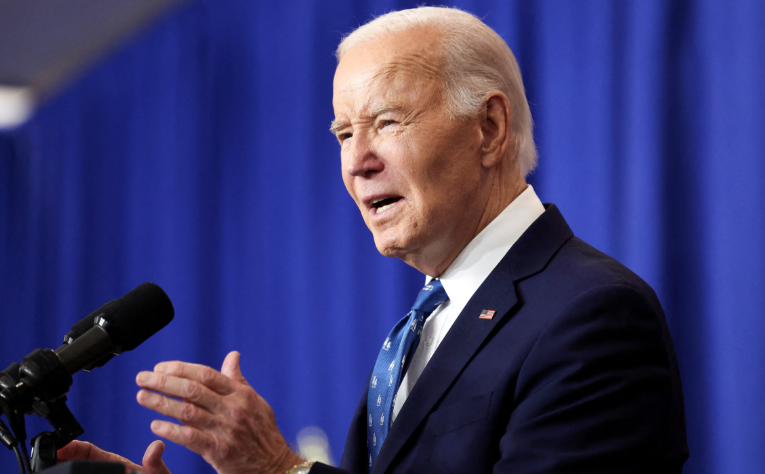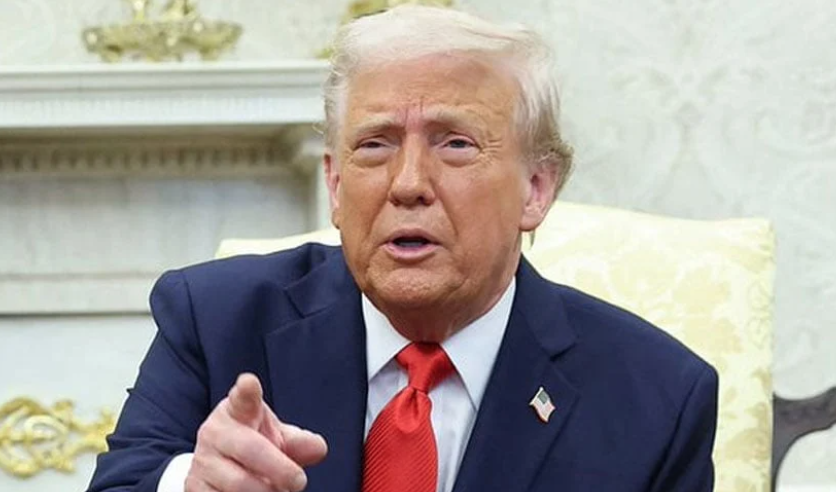WORLD NEWS

U.S. President Joe Biden vetoed the JUDGES Act on Monday, blocking a legislative measure that sought to expand the federal judiciary by adding 66 new trial court judges. The move marks a significant political and policy divide over the need for more federal judges and the timing of the proposal.
The JUDGES Act: Proposed Expansion
The JUDGES Act aimed to address the growing burden on federal courts, where caseloads have reportedly surged by over 30% since the last major judicial expansion in 1990. It proposed adding new judgeships across 25 federal district courts in 13 states, including populous areas like California, Florida, and Texas.
The bill called for a staggered implementation, with new positions created over six waves, spanning three presidential administrations, from 2025 to 2035. This structure was intended to avoid partisan disputes over judicial appointments, a contentious issue in recent years.
Biden's Concerns
Despite bipartisan support, President Biden vetoed the bill, stating that it "hastily" addressed judicial needs without a comprehensive assessment of where additional judges were required.
In his message to the Senate, Biden emphasized the lack of a clear strategy for allocating the judgeships nationwide. He also pointed out that rushing such measures could undermine public trust in the judiciary’s impartiality.
Republican Backlash
Republican Senator Todd Young of Indiana, who sponsored the bill, criticized the veto as "partisan politics at its worst." He noted that the staggered timeline was carefully designed to ensure fairness across administrations, regardless of political affiliation.
The Republican-led House passed the bill on Dec. 12 with a 236-173 vote, just weeks after President-elect Donald Trump secured victory in the Nov. 5 election. Critics allege that the timing allowed Trump to fill the first wave of new judgeships, potentially consolidating conservative influence over the judiciary.
Democratic Divisions
The legislation initially had strong bipartisan support, including unanimous approval in the Democratic-led Senate in August. However, House Democrats began to distance themselves from the measure after Trump’s election win, accusing Republicans of undermining the bill’s intended impartiality.
Judicial Appointments and Legacy
If enacted, the JUDGES Act would have given Trump the opportunity to appoint 22 permanent and three temporary judges in addition to the more than 100 judicial appointments already expected during his term.
Trump’s first presidency saw 234 judicial appointments, including three U.S. Supreme Court justices, cementing a 6-3 conservative majority. Meanwhile, Biden, who surpassed Trump’s total with 235 judicial appointments, has made fewer appellate court appointments and only one Supreme Court nomination.
Future Implications
The veto leaves unresolved questions about how to address growing caseloads in federal courts. Proponents of the bill argue that the judiciary desperately needs resources to function effectively, while critics maintain that any expansion must be carefully planned to ensure fairness and impartiality.
The debate underscores the broader partisan struggles over judicial appointments, with both sides seeking to shape the long-term direction of the federal judiciary.




